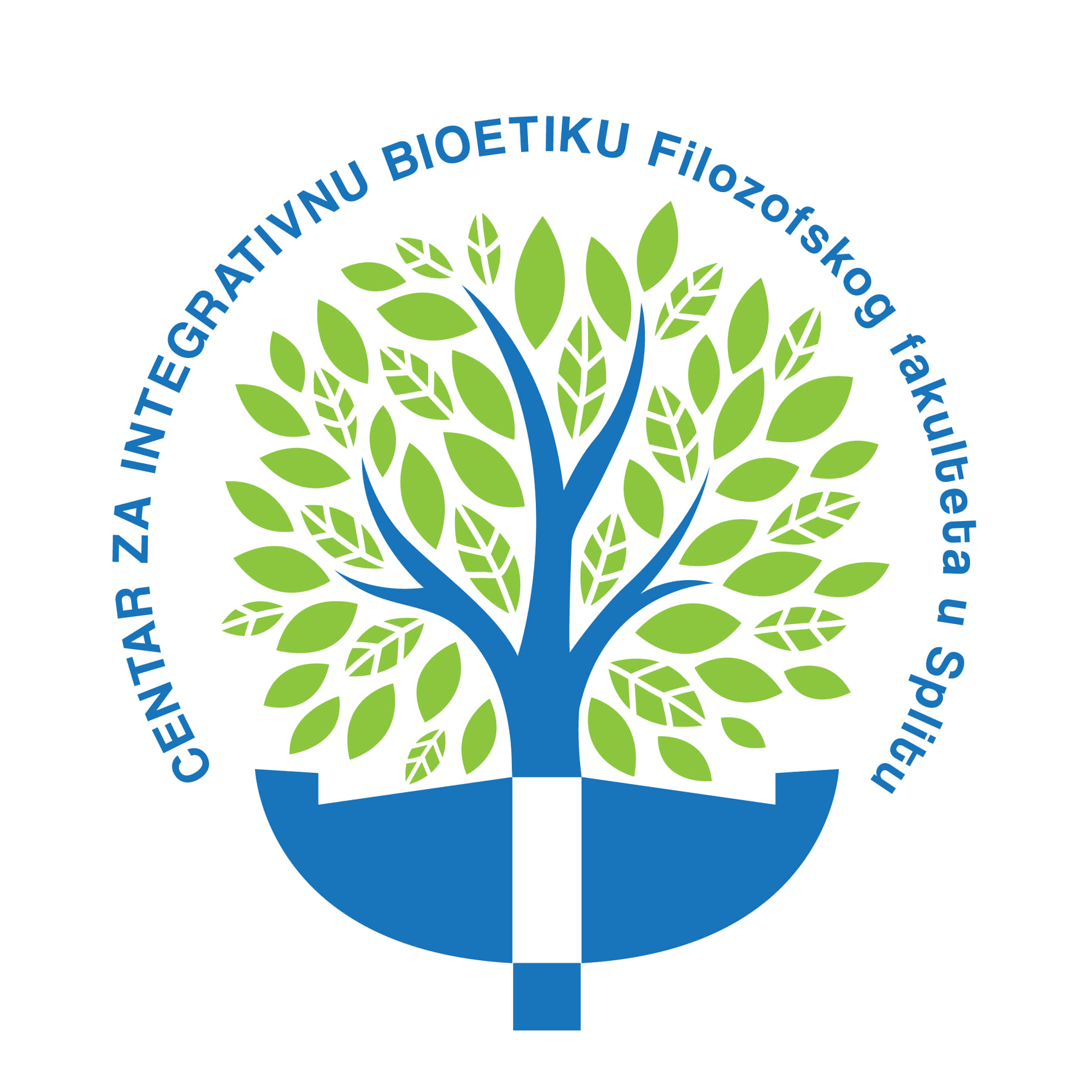
The Centre for Integrative Bioethics is a component of the Faculty of Humanities and Social Sciences, University of Split, and also one of the scientific units of the Centre of Excellence for Integrative Bioethics network. It carries out scientific projects and studies in cooperation with other institutions of the network and independently. Its purpose is to promote interdisciplinary connections between scientists within the University of Split and other institutions through research and educational projects and activities in the interdisciplinary field of bioethics. The Centre also organizes various public forums and conferences related to bioethical issues, including issues in the fields of biomedicine, technology, ecology, education, ethics, etc. The members of the Centre are especially focused on the issue of animal ethics in the broader concept of cultural zoology (animal studies), introduced by Nikola Visković, one of the Croatian bioethical pioneers. The central activity of the Centre is the annual scientific and cultural event Days of animal STudies (follow the link for more information).
Address: Poljička cesta 35, 21000 Split
Email: jguc@ffst.hr
Head of the Center: Josip Guć, Ph. D., Senior Assistant
Secretary of the Center: Bruno Ćurko, Ph.D., Associate Prof.
Administration Office: Vesna Matijaš Rakonjac, LLM
Members of the Centre:
- Josip Guć, Ph. D., Senior Assistant (head)
- Bruno Ćurko, Ph. D., Associate Prof. (secretary)
- Marita Brčić Kuljiš, Ph. D., Associate Prof.
- Anita Lunić, Ph. D., Senior Assistant
- Simon John Ryle, Ph. D., Associate Prof.
- Nikša Varezić, Ph. D., Assistant Prof. (as the vice dean for science)
 Pristupačnost
Pristupačnost